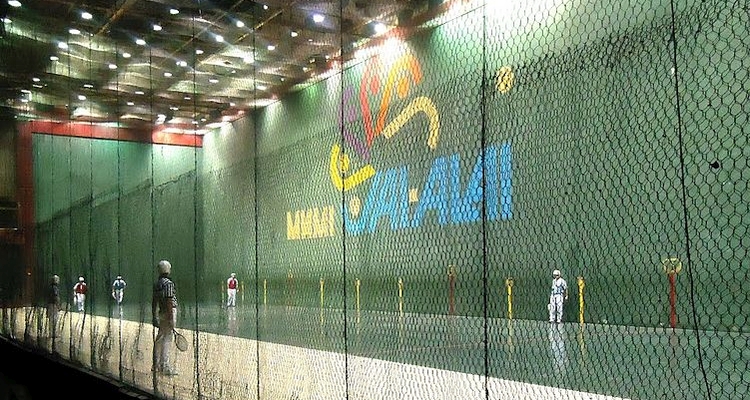Racetrack casino operators within South Florida area have banded together and put aside any disagreements, to fight for equal gaming rights within the state. Seven horse tracks, dog tracks and jai-alai frontons were represented in a recent meeting with the editorial board of the SunSentinel to discuss how they are behind when compared to the Seminole Tribe of Florida.
According to a report in the SunSentinel, pari-mutuel operators within South Florida have been known to be bitter rivals, but these groups are now coming together to point out the disadvantages they face as part of the state’s gambling industry. Speaking out on the differences between the race tracks and the Seminole offerings, it has been stated that the racetracks can only be open 18 hours during the weekdays, free drinks are not allowed and 35% in tax revenues are paid on slot gaming while the Seminoles pay around 12.5%.
Smoking is not allowed at the racetrack casinos and only 2,000 slot positions are allowed for these operators. However, the racetracks are not asking for changes to these rules. Currently the Seminoles are allowed to offer blackjack and table games which earned the tribe $2.2 billion for the last fiscal year. For slots and poker gaming, the racetracks only earned $550 million.
Dave Jonas, the CEO of Casino Miami, has suggested that government officials allow the Seminole tribe to add roulette and craps to their existing gaming offerings, in exchange for payments to Florida – but end their exclusive rights to offer the games. The racetrack casinos could then offer blackjack and have a tax decrease. According to operators, the adjustments would allow the racetracks to expand business, which would make it more affordable for the tracks to build hotels that would include 300 to 400 guest rooms, as well as attract regional visitors who travel to South Florida for other entertainment.
The subject of gambling has become a hot topic of discussion after the introduction of a gambling bill by Representative Dana Young. Members of the coalition are currently neutral to the option of allowing resort-hotel casinos which is included in the bill by Young. According to Jonas, the racetracks only appeal to a small audience, allowing table games would create customers who would stay overnight.
The group of racetrack operators are adamant that they be allowed to offer the same games and have access to the same tax rate as a destination casino.



